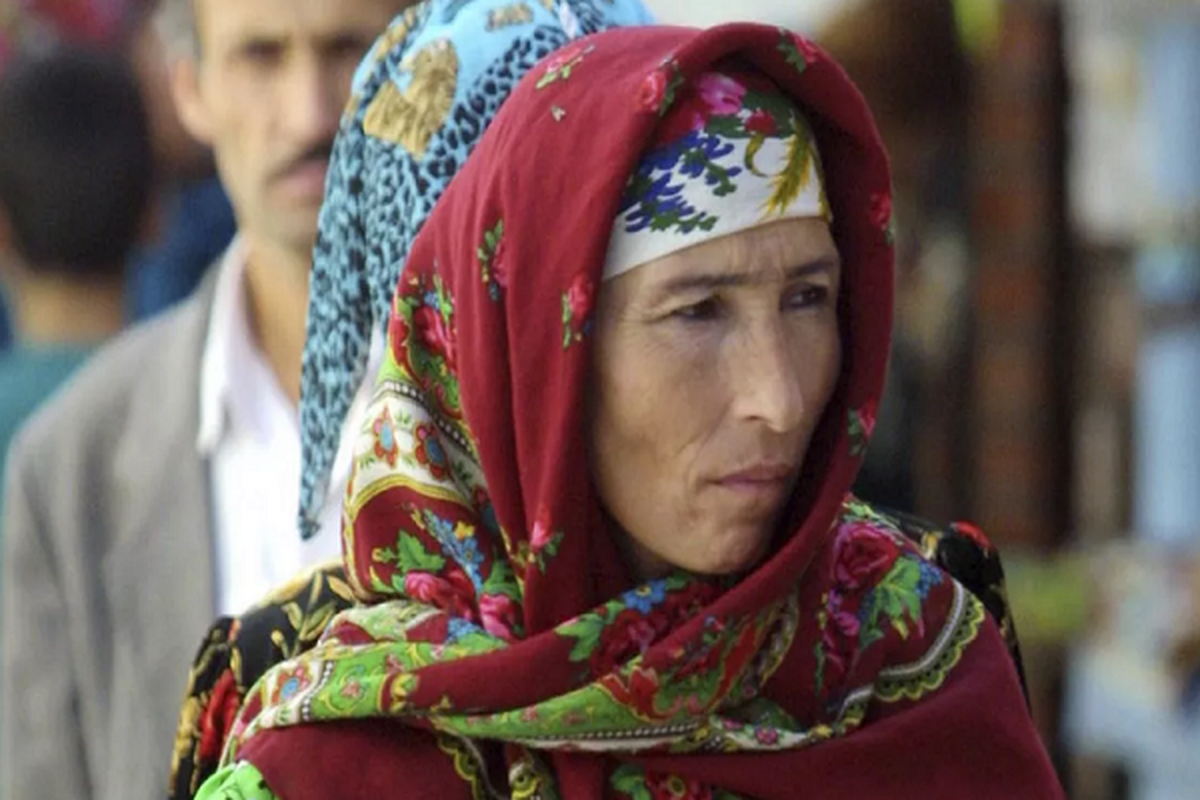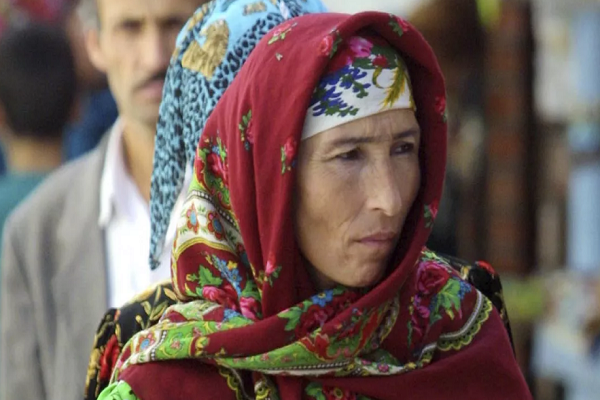IUMS Urges Tajikistan to Stop Anti-Islam Moves


In a statement, the IUMS slammed the Islamophobic attempts in Tajikistan and stressed the need for respecting the Tajik people’s freedoms.
It deplored the ban on Hijab, preventing celebration of Eid al-Fitr and Eid al-Adha, preventing people from sending their kids to mosques, imprisoning of Muslim preachers and closing hundreds of mosques in Tajikistan.
Such attempts will end in failure just as they did in other countries, the statement read.
It called on Tajik authorities to change such policies and respect Islamic principle.
History shows that advanced civilizations are created through knowledge, justice, freedom and creativity not through injustice, tyranny and dictatorship, the IUMS underlined.
Tajikistan is a Central Asian nation the majority of whose people are Muslim.
However, it officially prohibited the wearing of hijabs and other “alien garments” last week, as the country’s parliament passed a new bill regulating Islamic clothing and Eid celebrations.
The bill, approved by the upper house of parliament, Majlisi Milli, on June 19, comes after years of an unofficial clampdown on the hijab in the Muslim-majority country.
Under the new law, individuals wearing hijabs or other banned religious clothing could face hefty fines of up to 7,920 somonis (approximately $700). Companies allowing employees to wear prohibited garments risk penalties of 39,500 somonis ($3,500). Government officials and religious leaders face even steeper fines of 54,000-57,600 somonis ($4,800-$5,100) if found in violation.
The bill also restricts children’s participation in festivities and gift-giving traditions associated with the Islamic holidays of Eid al-Fitr and Eid al-Adha. Government officials claim these measures aim to ensure “proper education and safety” of children during the holidays.
Read More:
The new law represents an escalation of Tajikistan’s unofficial restrictions on Islamic garb. Since 2007, the hijab has been banned for students, with the prohibition later extending to all public institutions.
Human rights organizations have criticized Tajikistan’s hijab ban as a violation of religious freedom. With Muslims comprising over 98% of the population, the law is likely to face significant opposition within Tajik society as it goes into effect.
4223101



